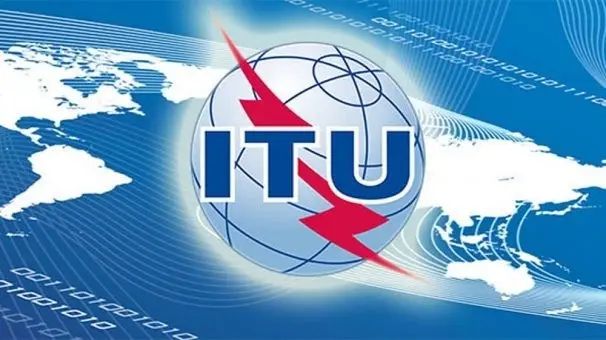The United Arab Emirates (UAE) is set to enhance its cybersecurity framework with three new policies, announced Mohammed Hamad Al-Kuwaiti, chair of the UAE Cybersecurity Council. Speaking to the Emirates News Agency (WAM), Al-Kuwaiti revealed that these policies will focus on cloud computing, data security, IoT security, and cybersecurity operations centers.
Currently under development, the specifics of the policies are yet to be disclosed. These measures aim to solidify the UAE’s status as a global leader in advanced technologies.
Al-Kuwaiti also confirmed that the UAE’s forthcoming encryption law, designed to establish standards for data transmission security with quantum systems, is expected to be completed by the end of the year.
He emphasized that the UAE is a model for countries looking to enhance their cybersecurity systems. The nation is rapidly advancing its digital transformation across various sectors, including health, energy, education, and aviation.
To secure these digital advancements, the UAE Cybersecurity Council is implementing advanced cybersecurity systems to guard against potential cyberattacks. Al-Kuwaiti highlighted the risks, particularly in the financial sector, where hackers could exploit information for extortion.
In 2021, a deepfake incident resulted in a $35 million theft from a UAE bank, underscoring the need for robust cybersecurity measures. The new legislation aims to prevent such incidents and ensure that the UAE’s cybersecurity systems meet international standards.
Al-Kuwaiti stated that the forthcoming regulations would help the UAE handle cyber threats effectively, safeguarding the nation’s critical infrastructure against evolving AI-driven attacks.















